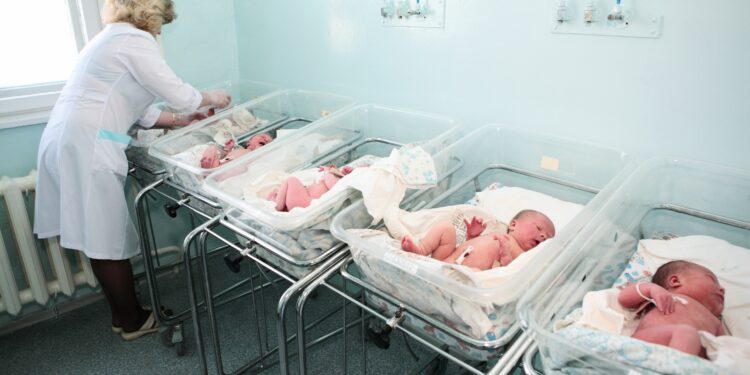But embryonic testing and grading is not the only step in which embryos die, according to Meaney: “Some of them die in the thawing process” and “some of them fail to implant.”
Even after implantation, Meaney noted that women have a “higher miscarriage rate than average with IVF babies.” In the case of successful implantation — if there are more preborn children than the mother wants to give birth to, the least healthy ones in the womb are aborted through a process called “selective reduction,” he noted.
“At every stage in the process, there’s a mortality rate,” Meaney said.
Embryos that survive the testing, grading, and thawing process but are not chosen for implantation are normally discarded, which ends a human life. Some are donated for scientific research and suffer the same fate. Even if they are frozen, Meaney said they “are basically orphans there” and “they’re essentially abandoned in cold storage.”
Politicians treat IVF differently than abortion
Despite the exorbitant destruction of human life integral to the IVF process, the public and its elected officials treat the subject very differently than they do the deaths caused by abortion.
After the Alabama Supreme Court ruling, which forced some IVF clinics to suspend services, the court received backlash from Democrats and Republicans. In Alabama, the Republican-led legislature adopted a law to shield IVF clinics from civil or criminal liability, which self-identified pro-life Gov. Kay Ivey immediately signed. Ivey and other Republicans who supported the bill claimed that protecting IVF is pro-life.
Michael New, a professor of social research at The Catholic University of America and pro-life activist, told CNA that IVF is “a thorny issue for us politically.” He said that no one could get elected on banning IVF, but “if you can’t ban something … [at least] stop promoting it.”
“It’s wrong to create embryos without the intent of seeing to it they’re carried to term,” New said.
Moschella also recognized the uphill political battle. “It can be difficult to see the harms of IVF because the harms are inflicted on very tiny human beings,” she said, adding that anyone who respects the right to life should at least “prevent the creation of spare embryos beyond the number that is safe to implant.”
“Embryos created through IVF should receive the same protections as any human beings — mainly protection from assault [and] protection from intentional killing or destruction,” Moschella said.
(Story continues below)
Subscribe to our daily newsletter
Meaney echoed the same sentiment, saying a preborn life created through IVF is just as valuable as one conceived naturally: “No matter how it’s done … that individual is a member of our species [and] is a new human being.”
“Our human nature comes to us from our DNA,” and “the beginning of that process happens at conception — at fertilization,” he said.
The Catholic Church opposes IVF because it separates the marriage act from procreation and destroys embryonic human life. Acknowledging the advances in science available today to those seeking help having children, the U.S. Conference of Catholic Bishops warns Catholics on its website of the ethical issues involved.
“The many techniques now used to overcome infertility also have profound moral implications, and couples should be aware of these before making decisions about their use,” the guidance reads.
Credit: Source link




